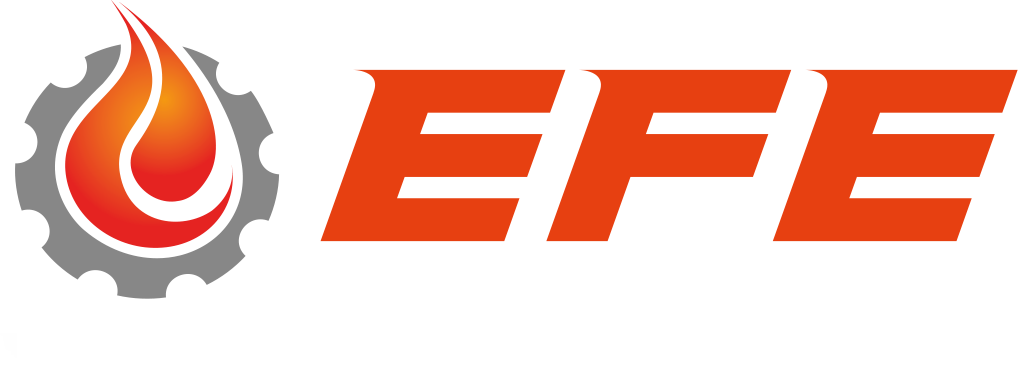The TRIPS Agreement and Vaccines: How IP Rights Affect Access to Life-Saving Medicines
The World Trade Organization`s Agreement on Trade-Related Aspects of Intellectual Property Rights, or TRIPS Agreement, is a landmark treaty that sets out a framework for protecting intellectual property rights, including patents, trademarks, and copyrights, in the global marketplace. While the TRIPS Agreement has been praised for promoting innovation and economic growth, it has also been criticized for limiting access to essential medicines, particularly in developing countries.
One area where the TRIPS Agreement has come under scrutiny is in the production and distribution of vaccines. Vaccines are crucial for preventing a range of infectious diseases, from measles and polio to COVID-19, and are considered a fundamental tool for public health. However, the high prices of vaccines and the limitations on their production and distribution have made them inaccessible to many people, especially those in low-income countries.
Under the TRIPS Agreement, pharmaceutical companies that produce new vaccines are granted a monopoly over the production and sale of the vaccine for a certain period of time, typically 20 years from the date of filing. This means that other companies are not allowed to produce or sell the same vaccine, even if they could do so at a lower cost. This system is designed to incentivize innovation and encourage companies to invest in research and development, but it also creates barriers to access for those who cannot afford to pay the high prices set by the patent holders.
In addition, the TRIPS Agreement also limits the ability of governments to issue compulsory licenses, which allow them to authorize the production of a patented medicine by a third party without the consent of the patent holder, in cases of national emergencies or public health crises. While the TRIPS Agreement allows for compulsory licensing in certain circumstances, the criteria are narrowly defined and can be difficult to meet.
These limitations on the production and distribution of vaccines have become a major issue during the COVID-19 pandemic, which has highlighted the urgent need for affordable and accessible vaccines. While some pharmaceutical companies have pledged to make their vaccines available at cost or at a reduced price for low-income countries, there are concerns that the current system still favors the interests of wealthy countries and companies over global public health.
To address these concerns, there have been calls for reform of the TRIPS Agreement and for greater collaboration and sharing of knowledge and technology among pharmaceutical companies, governments, and academic institutions. Some proposals include waiving patent rights for COVID-19 vaccines and therapies, increasing funding for research and development of vaccines for neglected diseases, and expanding the use of compulsory licensing to ensure access to affordable medicines in low-income countries.
As a copy editor with experience in SEO, it`s important to note that the TRIPS Agreement and vaccines are a complex and controversial topic that requires careful analysis and nuanced reporting. By providing accurate and informative content that reflects the latest developments and perspectives from a range of stakeholders, copy editors can help to inform public discourse and support efforts to improve access to life-saving medicines for all.
